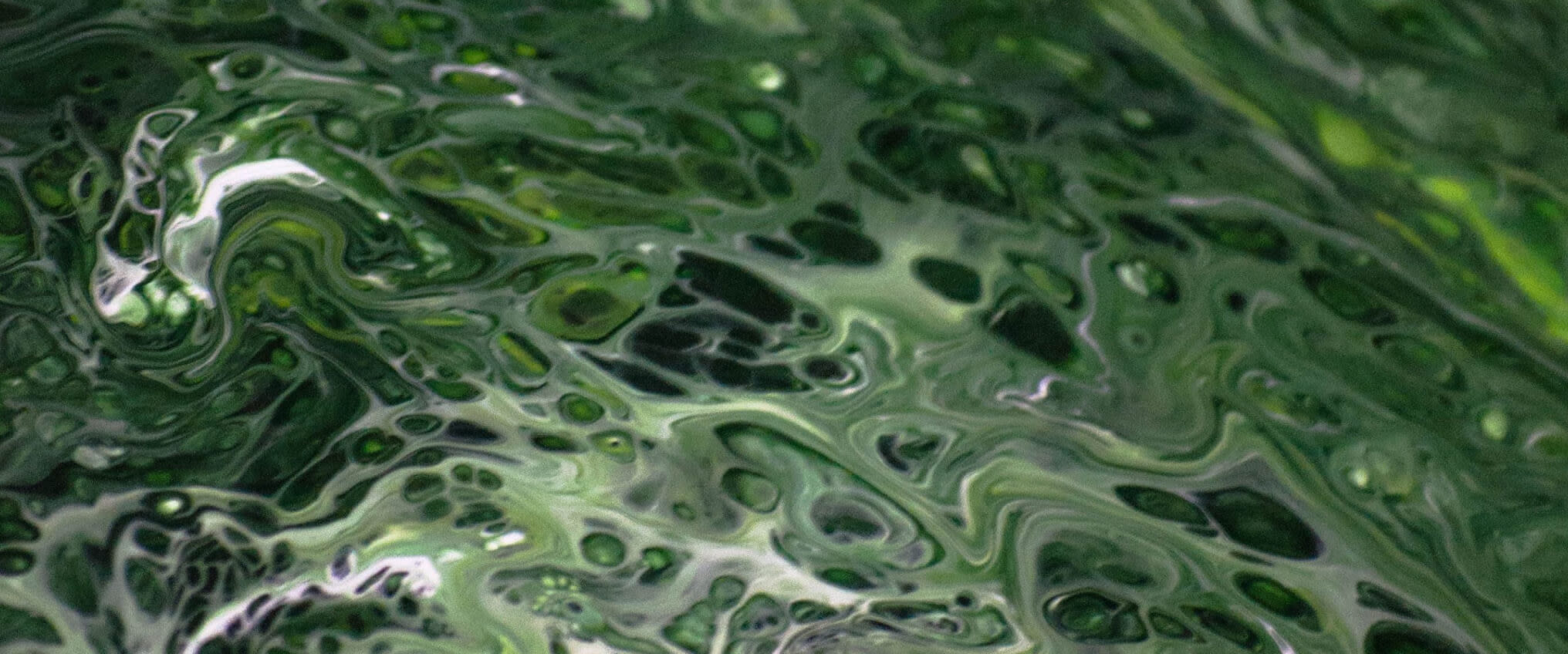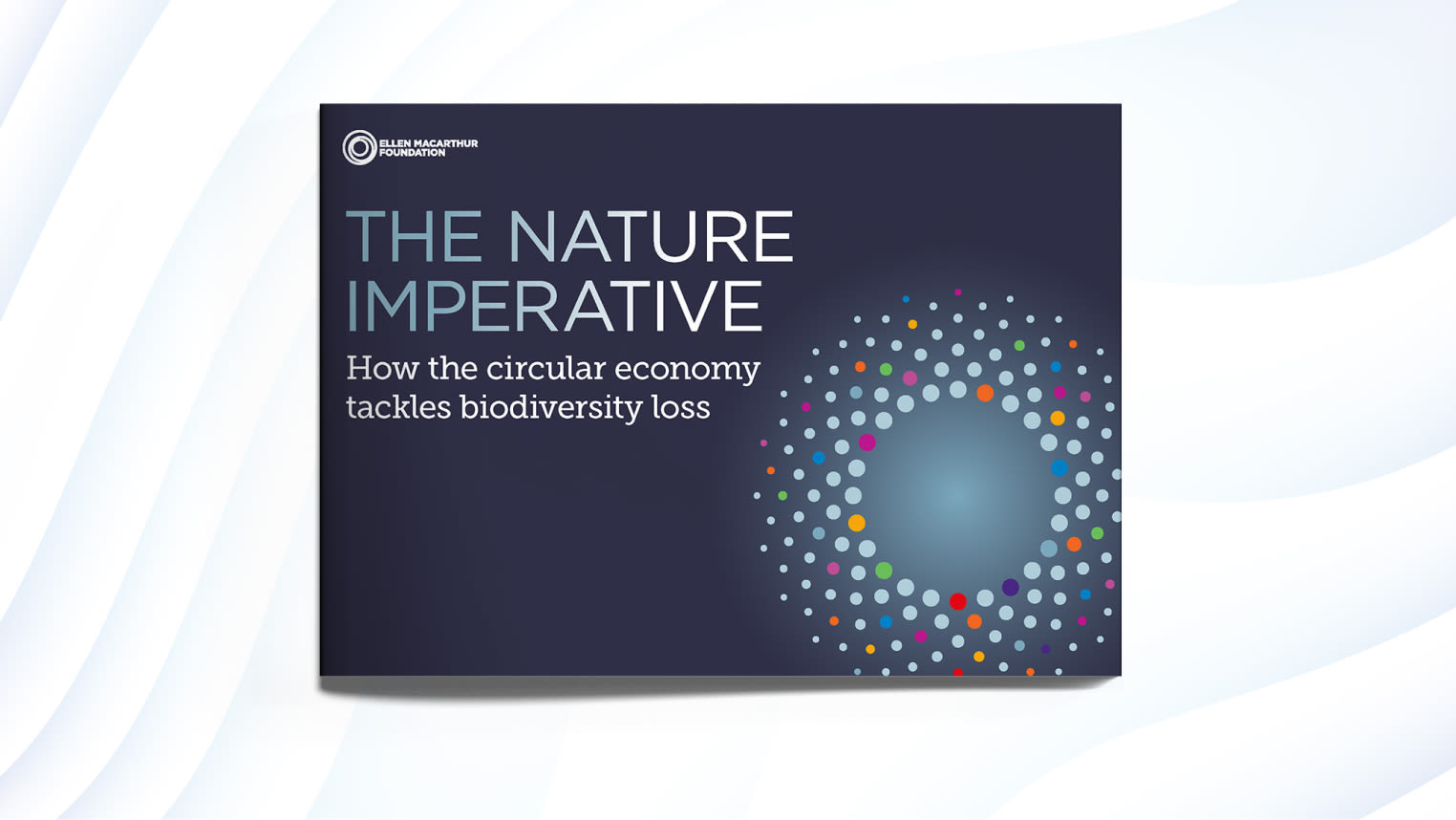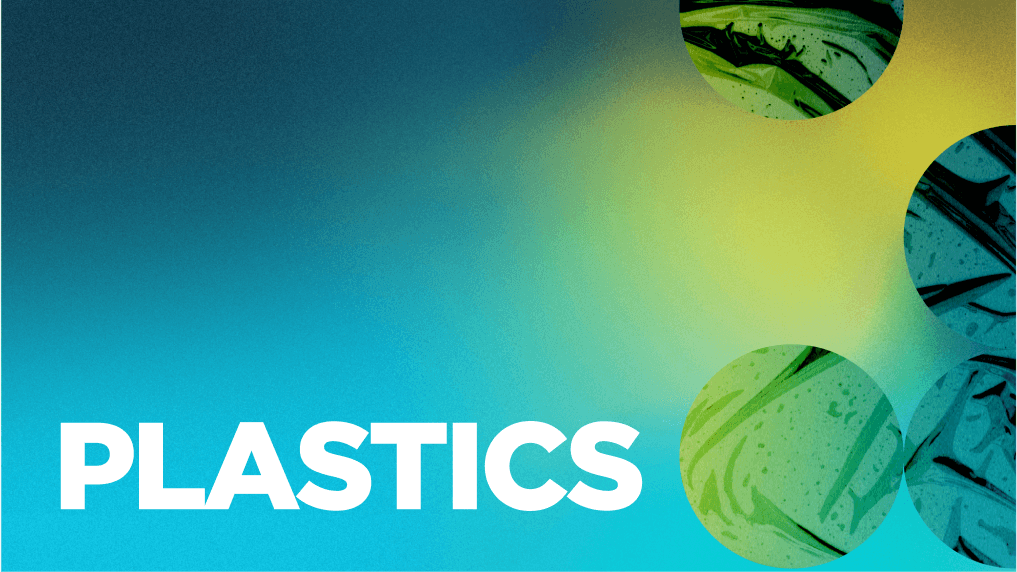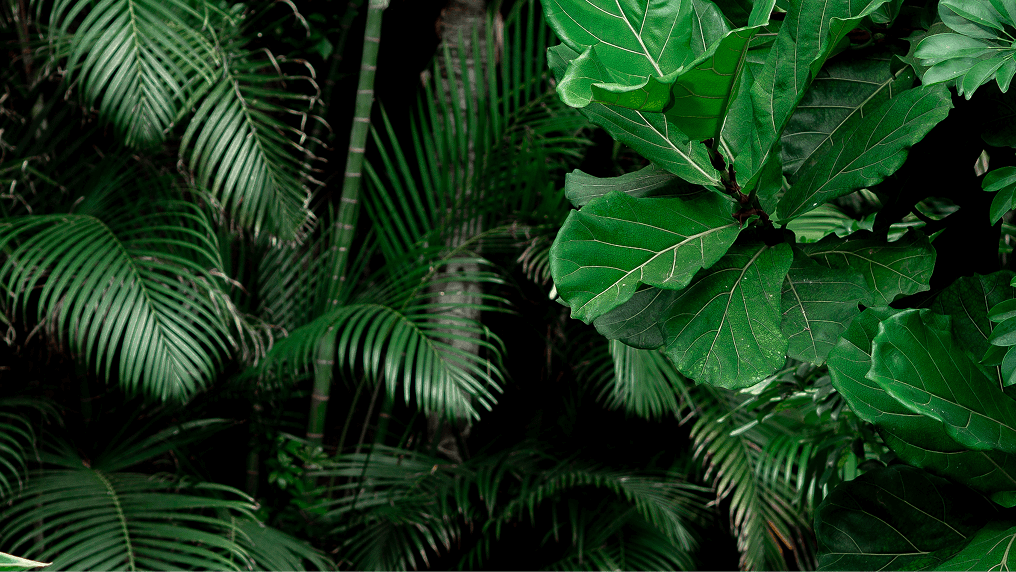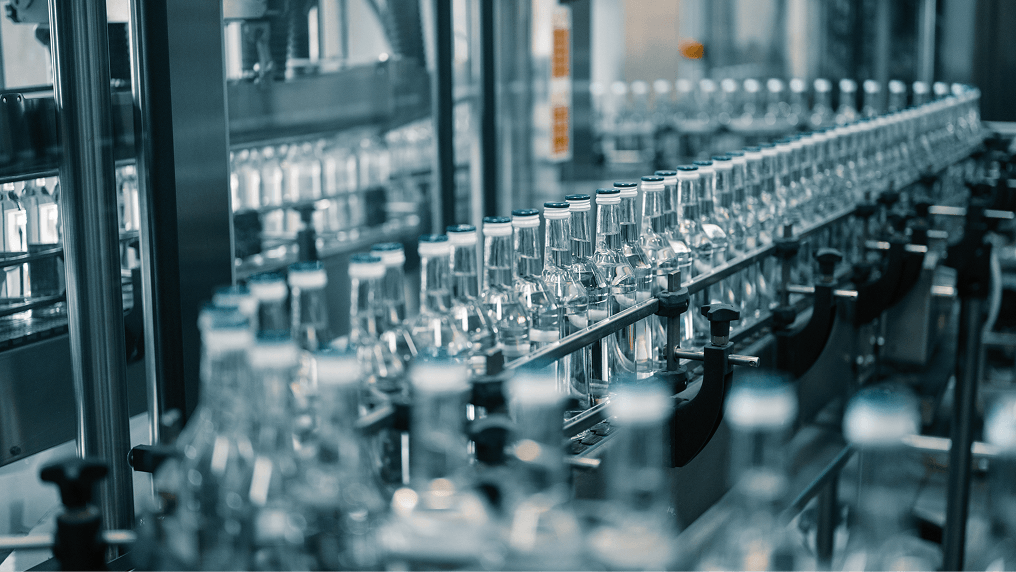Indonesia is estimated to generate 6.8 million tonnes of plastic waste each year, of which around 4.8 million tonnes are mismanaged and approximately 620,000 tonnes leak into waterways and the ocean every year. Sachets are a common item contributing to plastic leakage in Indonesia and other Southeast Asian countries, due to their small size and low value in the recycling market.
To tackle this issue, PT Seaweedtama Biopac Indonesia (SBI) as manufacturer works together with PT Evogaia Karya Indonesia (EKI) as distributor to scale the impact of seaweed-based packaging through the Evoware brand. Evoware offers seaweed-based sachets and food wrappings to replace multilayer plastic packaging for dry food and non-food products, for example, coffee sachets or packaging for cookies and soaps. The materials used in the packaging come from renewable sources and can safely go back to nature without causing any harm to wildlife, as they are edible, biodegradable, and home compostable. In this way, Evoware offers an innovative approach to the elimination of plastic packaging waste.
Biodiversity benefits
Each seaweed-based food wrapping and sachet from Evoware has the potential to eliminate the need for a similar plastic-based item that, when ending up in the environment, landfills or incinerators could harm biodiversity. Additionally, in contrast with fossil fuel-based plastics, Evoware’s seaweed alternative is made from a renewable source that has the potential to regenerate coastal environments and sequester carbon.
This page is part of a deep dive into biodiversity and plastic packaging, where we delve deeper into tackling plastic pollution through elimination, innovation, and circulation.
